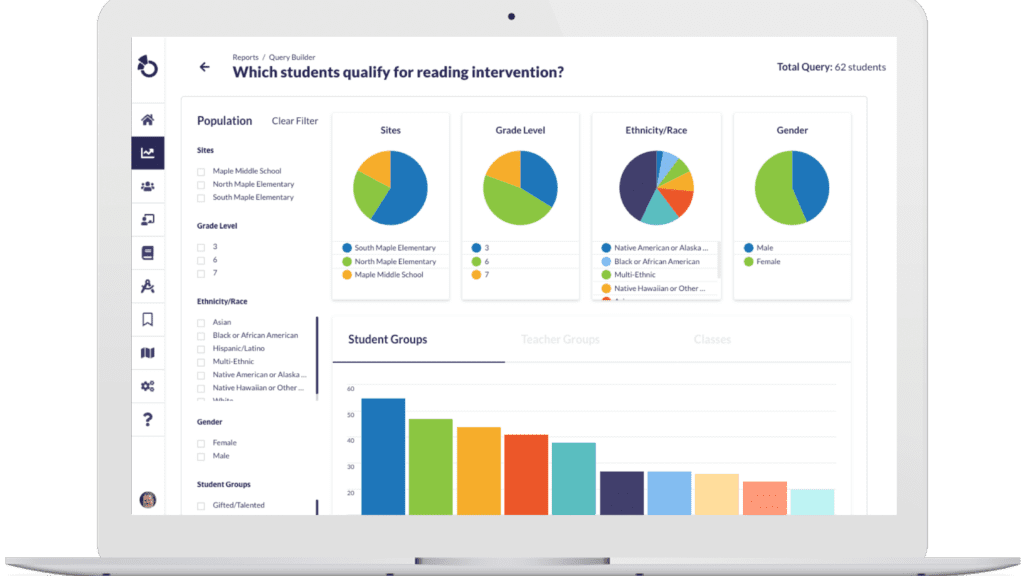Promoting Educational Equity: Assessing College and Career Readiness for Students with IEPs
By: David Specht
The pursuit of educational equity remains at the heart of every educator's mission. To ensure all students, irrespective of their backgrounds or learning needs, are provided equal opportunities for success, we need to continually question, analyze, and address potential disparities among different student groups. One critical question educators should ask is: "Are students with Individualized Education Plans (IEPs) as college and career-ready as those without IEPs?"
IEPs and College/Career Readiness
Students with IEPs often require specialized instruction and resources to accommodate their unique learning needs. This, however, does not negate their potential to be college and career-ready. However, it may necessitate different strategies or more focused resources to ensure they are given every opportunity to succeed in their post-secondary pursuits.
While there may be an assumption that students with IEPs might lag behind their peers in terms of college and career readiness, it's important not to generalize. The readiness of these students, like any other group, varies significantly and depends on many factors, including the quality and effectiveness of their IEPs, their access to resources, and the level of support they receive both in school and at home.

Analyzing Data for Different Student Groups
Identifying possible disparities in college and career readiness between students with IEPs and those without begins with the careful analysis of various data sets. Examples might include standardized test scores, graduation rates, enrollment in advanced courses, or post-secondary enrollment rates. This data analysis helps educators not only identify potential gaps but also formulate strategies to address them.
However, it's crucial that educators constantly evolve their analysis based on the diverse populations they serve. For example, educators might look at differences in college and career readiness between students of different ethnicities, genders, socioeconomic statuses, or English language learners. By continually reevaluating and refining the questions we ask of our data, we can better understand the unique challenges different student groups face and devise more effective strategies to address them.
Otus: Aiding in the Pursuit of Educational Equity
Here’s where Otus comes into play. Otus helps answer your questions about future readiness by providing one place to visualize all student data. This ensures that you have clear insights to confidently make decisions for your district.
Otus's data analysis tools enable educators to track a wide range of academic and non-academic indicators, making it easier to compare college and career readiness between different student groups. Whether you're looking at standardized test scores, post-secondary enrollment rates, or attendance, Otus makes it simple to understand and communicate these trends.
If your data reveals the need for intervention, Otus offers tools for creating progress monitoring plans that can be used to address a multitude of goals. This ensures that students, including those with IEPs, are provided with the targeted support they need to succeed in their college and career pursuits.

With Otus Plans, educators can identify specific areas where students need support and chart a personalized path forward. From academic to future readiness goals, progress monitoring plans in Otus are customizable and enable all stakeholders to see student growth as it happens.
Ensuring that all students, including those with IEPs, are college and career-ready is a critical component of educational equity. Watch the video below to learn how you can answer the question “Are students with IEPs as college and career ready as those without IEPs?” using Otus.
Related Resources
Request a demo!
See exactly how Otus can help your school accelerate student growth and improve student outcomes – all while saving educators time.





